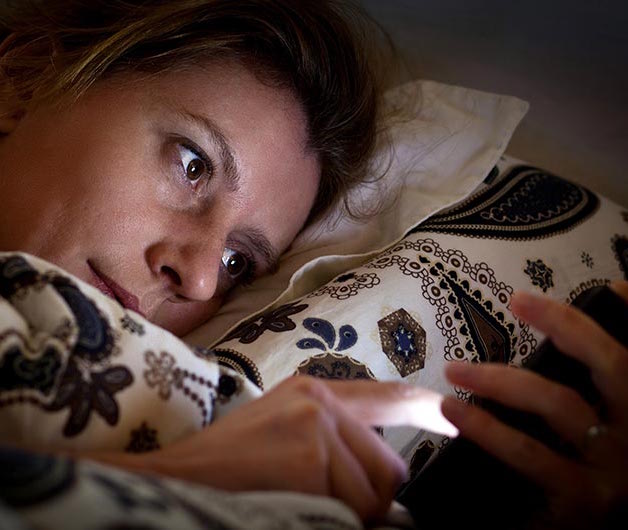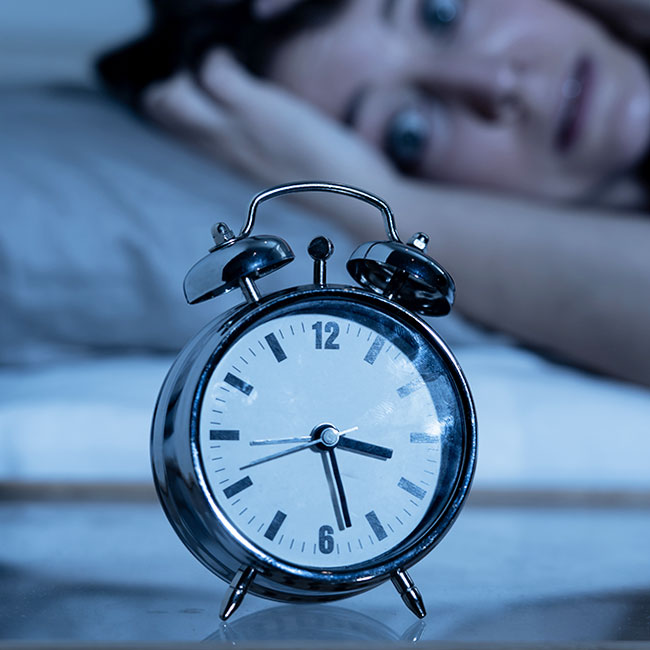
Nighttime Habits You Should Avoid
Setting Your Alarm Too Early
This may seem like a good thing at first, but if you’re not an early riser and love to hit the snooze button, you’re actually making the morning harder than it needs to be. The quality of the extra sleep you’re giving yourself is going to make you groggier because you’re breaking it up into fragments, according to the National Sleep Foundation.
Instead, set your alarm for when you need to wake up. Or, try to get up with the first alarm you set.
Sleeping On The Wrong Pillow
It’s time to retire that old cotton pillowcase and upgrade it. Experts say sleeping on a silk or satin pillowcase will not only help your hair from being frizzy in the morning, but also help keep sleep-creases and wrinkles at bay.
If your sleeping habits are too hard to break, it may also be worth it to invest in a quality pillow that supports your natural sleep position. Side sleepers should be using a firm pillow to better support to their head and neck, whereas back or stomach sleepers need a thinner, softer pillow, according to Rebecca Robbins, Ph.D., a postdoctoral fellow at New York University School of Medicine and co-author of Sleep for Success! Everything You Must Know About Sleep But Are Too Tired to Ask.
Going To Bed With Wet Hair
There are some nights where this is inevitable because of your busy schedule—we’ve been there! But if going to sleep with wet hair is a nightly occurrence, experts say that it’s actually not good for your strands because it's more fragile when it’s wet. Plus, going to bed with wet hair always results in waking up with crazy hair and it can be stressful to deal with it while you're getting ready for work--and we all know how much a bad hair day can ruin your whole mood.
"Each strand of hair is made of cohesive chains held together by chemical bonds," Mara Weinstein Velez, MD, a dermatologist at Schweiger Dermatology Group in New York City, tells Prevention.com. “Some of these bonds can be temporarily broken by water, as well as heat and humidity, making the hair more moldable and fragile. If you must wash your hair before bed, use a blow-dryer to at least dry the roots to prevent breakage closest to the scalp.”
Sleeping With The Heat On
Going to sleep in a warm, toasty room may seem ideal at first, but sleep experts say that it’s one of the worst ways to fall asleep. In fact, it can actually prevent you from getting a good night’s sleep. Try lowering the thermostat instead!
“Keeping your bedroom cool promotes a better night’s rest,” says Philip Alapat, M.D., assistant professor of sleep medicine at Baylor College of Medicine in Houston. “Your body temperature decreases when you’re starting to fall asleep—and a cool room temperature helps facilitate it.”


